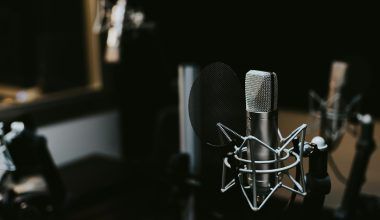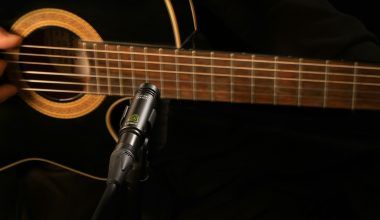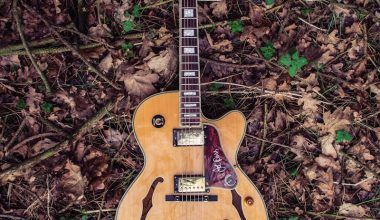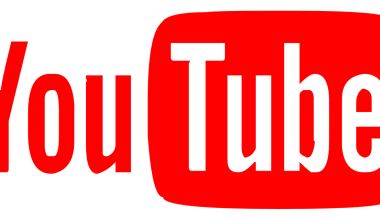In today’s digital world, music and video content have become powerful tools for creators. Platforms like YouTube Music offer incredible opportunities for artists, creators, and even small-time video makers to showcase their talent. But did you know you can also share your video on YouTube Music and earn money? It’s not just about uploading content; it’s about building a strategy that ensures your videos reach the right audience and generate revenue.
If you’re wondering how to get started or how to make the most of your uploads, this guide has you covered. Let’s dive into the step-by-step process, along with tips to maximize your earning potential.
What Is YouTube Music and Why Should You Use It?
YouTube Music is a dedicated platform for music lovers and creators. It allows users to stream, discover, and enjoy music in a way that’s more personalized and interactive than ever before. For creators, it offers an excellent opportunity to showcase music videos, visual content, and audio tracks to a global audience.
By sharing your video on YouTube Music, you tap into a vast pool of potential viewers and listeners. Moreover, the monetization tools available make it possible to turn your creative passion into a sustainable source of income.
Step-by-Step Guide to Sharing Your Video on YouTube Music
1. Create High-Quality Content
The first step is creating a video that resonates with your target audience. Whether it’s a music video, a lyric video, or a creative mashup, quality is crucial. Use professional editing software, clear audio, and engaging visuals to make your content stand out.
2. Sign Up for a YouTube Account
If you don’t already have a YouTube channel, set one up. Make sure your channel is branded well, with an eye-catching profile picture and banner. This will help establish your identity and attract viewers.
3. Optimize Your Video for YouTube Music
When uploading your video, ensure that it meets the criteria for YouTube Music. Use relevant tags, include a keyword-rich description, and select the appropriate category. This helps your video appear in searches and recommendations.
4. Enable Monetization
Monetization is where the magic happens. To earn money, you need to enable monetization on your channel. Join the YouTube Partner Program (YPP) by meeting the eligibility requirements, including:
- At least 1,000 subscribers
- 4,000 watch hours in the past 12 months
Once accepted, you can start earning through ads, subscriptions, and YouTube Premium revenue.
5. Use YouTube Content ID
Content ID is a tool that identifies your original work and ensures that you earn revenue if others use your content. Register your videos with Content ID to safeguard your intellectual property.
6. Promote Your Video on Multiple Platforms
Sharing your video on YouTube Music is just the beginning. Use social media, blogs, and email marketing to drive traffic to your video. The more views and engagement you get, the higher your earning potential.
How Does YouTube Music Monetization Work?
YouTube Music offers several monetization streams for creators:
- Ad Revenue: Earn money when ads play on your video.
- YouTube Premium: Receive a share of the subscription revenue when Premium members watch your content.
- Super Chats and Channel Memberships: Engage directly with your audience through live streams and memberships.
Tips to Maximize Earnings on YouTube Music
Focus on SEO
Search Engine Optimization (SEO) is key to getting discovered on YouTube Music. Use your focus keyword, “share your video on YouTube Music and earn money,” strategically in your video title, description, and tags.
Collaborate with Other Creators
Partnering with other creators can help you reach a wider audience. Collaboration videos often perform better because they combine fan bases and offer fresh perspectives.
Engage with Your Audience
Building a community is essential. Reply to comments, ask questions in your videos, and encourage viewers to like, share, and subscribe. Engaged audiences are more likely to support you financially.
Common Challenges and How to Overcome Them
Low View Count
If your video isn’t getting views, focus on promotion and improving the quality of your content. Sometimes, tweaking the thumbnail or title can make a big difference.
Monetization Rejection
If your application for monetization is rejected, review YouTube’s guidelines. Fix any issues, like reused content, and reapply.
Copyright Issues
To avoid copyright strikes, use only original content or royalty-free assets. If you use someone else’s work, ensure you have the necessary permissions.
Tools and Resources to Help You Earn More
Analytics
Use YouTube Analytics to track your video’s performance. Identify which videos are driving the most revenue and replicate their success.
Editing Software
Invest in good video and audio editing software. Tools like Adobe Premiere Pro or Final Cut Pro can help you create professional-quality videos.
Royalty-Free Music Libraries
Platforms like Epidemic Sound and AudioJungle offer royalty-free music you can use in your videos without worrying about copyright issues.
Real-Life Success Stories
Many creators have successfully shared their videos on YouTube Music and earned a steady income. For example, indie musicians have used the platform to fund their next projects, while small-time creators have turned their passion into a full-time career.
Conclusion
Sharing your video on YouTube Music and earning money is not just a dream; it’s a realistic goal for anyone willing to put in the effort. With the right strategies, tools, and a bit of creativity, you can make your mark in the digital space and build a sustainable income stream.
So, why wait? Start today, share your video on YouTube Music, and begin your journey toward earning money while doing what you love.
For further reading, explore these related articles:
- Share Your Music on iTunes and Earn Money: A Comprehensive Guide
- How to Share Your Music on iTunes as an Independent Artist
- Share Your Music on iTunes Without a Label
For additional resources on music marketing and distribution, visit DMT RECORDS PRIVATE LIMITED.






